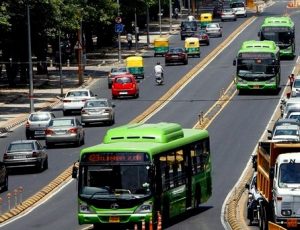The new season of GD Mondays is in its 3rd week.
You can view the first weeks GD Monday discussion on 'Celebrities Can Escape Crime' - Week 1, here.
For the second weeks GD Monday discussion on 'Make In India, A Success' - Week 2, click here.
Is the Delhi governments odd-even formula working in Delhi? Or is it a failed attempt at crippling the city's air pollution issue? What is your view?
This is how it will work:
1) Users can post their arguments in the comments section below by logging in through their www.insideiim.com user id.
2) You can argue and counter-argue on the topic for the entire week.
3) The thread will be moderated by Team InsideIIM to ensure the discussion is kept relevant and is not abusive.
4) On Saturday, experts and industry professionals at InsideIIM (all ex-IIM, XLRI, ISB only) will rate each argument on the thread on the scale of 10 with some guidance.
This cannot replace the experience of the actual GD but this exercise will surely help you shape your line of thought. While we may not be able to help you here with your delivery, we ensure that if you go through these next few weeks with us on this thread you will markedly improve your content. Hopefully, there will be more substance when you actually speak in a GD after going through this exercise.
Find the 2013-14 season of GD Monday here.
Find the 2014-15 season of GD Monday here.

